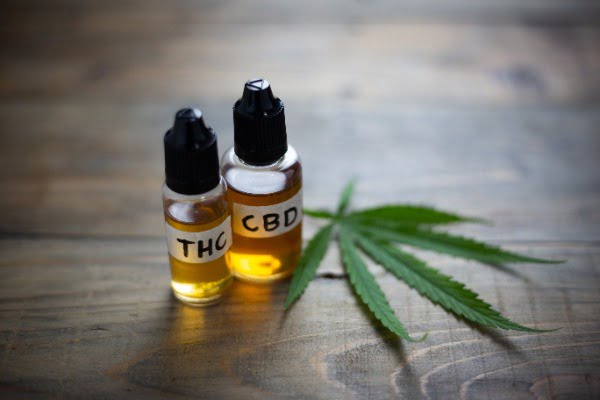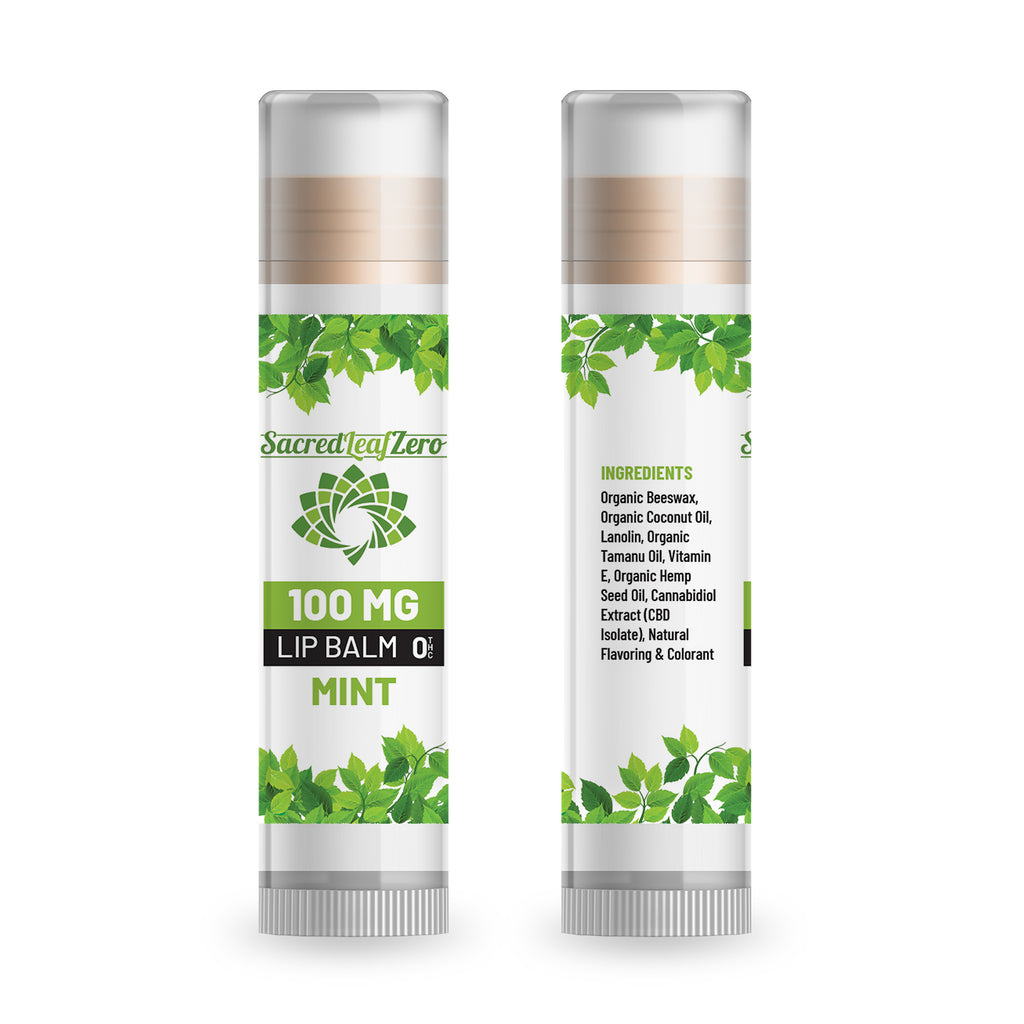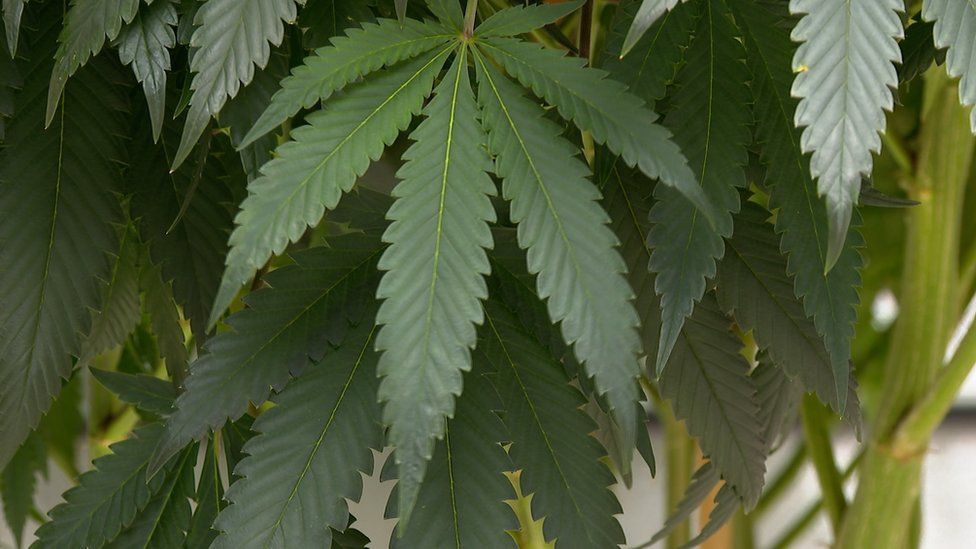
It is well-known that the regulation of nociception is a function of the endocannabinoid systems. How does Cannabinoids impact the endocannabinoid systems? This article explains the effects of Cannabinoids on the endocannabinoid, as well how the endocannabinoid may impact our immune systems and mitochondrial function.
Cannabinoids affect endocannabinoid system
Many studies have suggested that cannabinoids influence the endocannabinoid process and may be used to treat gastrointestinal conditions. These include nausea, vomiting and paralytic ileus. Gingival reflux disease, inflammatory bowel disease, depression and gastroesophageal disease are all possible causes of endocannabinoid insufficiency. Cannabinoids may also be effective in treating diarrhea, loss of appetite, and abdominal pain.

Cannabinoids affect nociception
Although cannabinoids have been shown to be analgesic in a variety of human diseases, their effects on acute pain have not been fully understood. THC is the primary psychoactive element of cannabis. The system functions to regulate inflammation and pain. Cannabinoids are able to bind to cannabinoid-coupled receptors that are found throughout the CNS, PNS, and other parts of the body.
Cannabinoids affect immune system
The body's endocannabinoids serve many functions, including controlling the immune system and maturing immune cells. Recent research shows that intestinal neutrophil function depends on endocannabinoids. They inhibit the pro-inflammatory activity hepoxilinA3 by binding to CB2 receptors in neutrophils.
Cannabinoids affect mitochondrial function
THC, and especially cannabinoids THC, increase mitochondrial activity by acting on them. This alteration is advantageous for human health since the endocannabinoidsystem is a key regulator and regulator of cellular regeneration and repair. Continual turnover plays a crucial role in health and homeostasis. The breakdown of cellular components could disrupt regenerative processes, leading to disease. The case of mitochondria is where antioxidants such as CBD can help restore physiological equilibrium.

Neurotransmitters can be affected by Endocannabinoids
There is a surprising connection between cannabis and brain's endocrinoids. Endocannabinoids inhibit neurotransmitters' release by binding to the brain's cannabinoid cells. Scientists also believe that the cannabinoids alleviate anxiety and stress. They work as chemical messengers between nerve cells, and their actions may contribute to a variety of health problems.
FAQ
What does CBD's price vary in different states?
Prices for CBD products can vary depending on where you live. Prices can vary up to ten times, in fact.
The prices go up the further you go north. For example, in Alaska, CBD costs an average of $35 per gram, while in Hawaii, it costs around $200 per gram.
This trend is continuing across the country. Prices range from $5 to over $2,500 per gram.
Why is this happening?
Prices vary because of different levels of regulation. Some states require CBD products that contain very little THC, the psychoactive component of cannabis. Some states don't care how much THC is present.
Some companies may choose to sell their products first in one state before shipping them to another.
Are there any studies that CBD can reduce anxiety?
CBD oil works well to reduce anxiety. This is because it interacts directly with CB1 or CB2 brain receptors. The endocannabinoid system regulates mood and stress responses.
Our bodies activate the CB1 receptor when we feel anxious. When activated, the receptor sends signals back to the amygdala that is responsible for emotional processing.
When the CB1 receptor gets blocked, the amygdala can't process emotions. As a result, people who take CBD experience fewer negative feelings.
2017 research showed that CBD has been shown to reduce anxiety in those suffering from socialphobia. Another study concluded that CBD had a positive effect on symptoms of PTSD.
A 2018 review concluded CBD's anxiolytic qualities could be helpful in treating generalized anxiety disorder.
Another review suggested that CBD might also reduce panic attacks.
Numerous studies have found that CBD can increase anxiety in mice.
Researchers believe this discrepancy in animal data and human data could be due to differences between humans and dogs' responses to CBD.
There are no long-term safety studies available for CBD. Experts are unanimous that CBD is safe if used as directed.
Is the CBD industry growing?
Yes! The answer is yes! Legalization will continue to spread across North America, and this growth will continue. Canada is the only country that has legalized recreational use of cannabis. Many states have also passed medical marijuana laws.
As more states legalize medicinal marijuana, this trend will likely continue for at minimum a decade.
From an economic standpoint, legalizing marijuana is also sensible. Legalizing pot can provide many benefits, not only for farmers but also for the general public.
It could be used to reduce crime rates and the availability illegal drugs. It could also bring in tax revenue to governments.
As legal weed becomes more popular, many people will choose to reduce their alcohol consumption. This would lead to fewer hangovers as well as lower health care costs.
Patients with chronic pain might find that marijuana actually helps to improve their quality-of-life. Many believe that the active ingredient in marijuana, THC, helps relieve symptoms such as muscle spasms and nausea caused by chemotherapy.
Finally, marijuana might become a valuable tool for treating mental illnesses such as depression and anxiety. Some studies have shown that marijuana can treat schizophrenia.
The future is bright for CBD, but there are still many challenges ahead.
Statistics
- HR −16 mmHg; 95% CI −26, −6; I2 = 92%) (ncbi.nlm.nih.gov)
- OralWhere HED is the human equivalent dose, and Km is a correction factor estimated by dividing the average body mass (BM) of the species (60, 0.020, and 0.150 kg for 11 humans, mice, and rats, respectively) and by its surface area (see: Nair et al. (ncbi.nlm.nih.gov)
- While the primary injury may not be treatable, interventions that attenuate secondary sequelae are likely to be of benefit [203].Only one study (ncbi.nlm.nih.gov)
- CBD seems unlikely to directly influence sleep in healthy humans [115] (and maybe “sleep-promoting” in those with certain comorbid conditions) (ncbi.nlm.nih.gov)
- The use of these products is likely to become even more widespread if the World Health Organization's recommendation that CBD no longer is scheduled in the international drug control conventions is adopted by the United Nations member states [201]. (ncbi.nlm.nih.gov)
External Links
How To
How to Get Certified To Sell CBD Products
CBD (cannabidiol) is one of the hundreds of cannabinoids found in cannabis plants. It has been used medicinally for centuries, even in South American countries like India, China, and China. Due to its ability treat conditions like anxiety and pain, epilepsy, inflammation, and other ailments, it has become increasingly popular. However, CBD products cannot be sold by anyone unless they are certified by the U.S. This means that any person who wants to sell CBD products must use the "unofficial" process called self-certification.
There are two ways you can go about it. The first option is to join a canna business association. This allows you to network with other owners and get advice and support. There are many organizations in the United States. The second option is to take your business online. Many states allow canna businesses to operate online. If this is the case, then you can establish your own website immediately and start accepting orders. However, you must still register with your state's Department of Public Health. Once you have registered, it will be possible to apply for your license through the state's department public health. After receiving your license, you are legally allowed to open a store and start accepting orders.